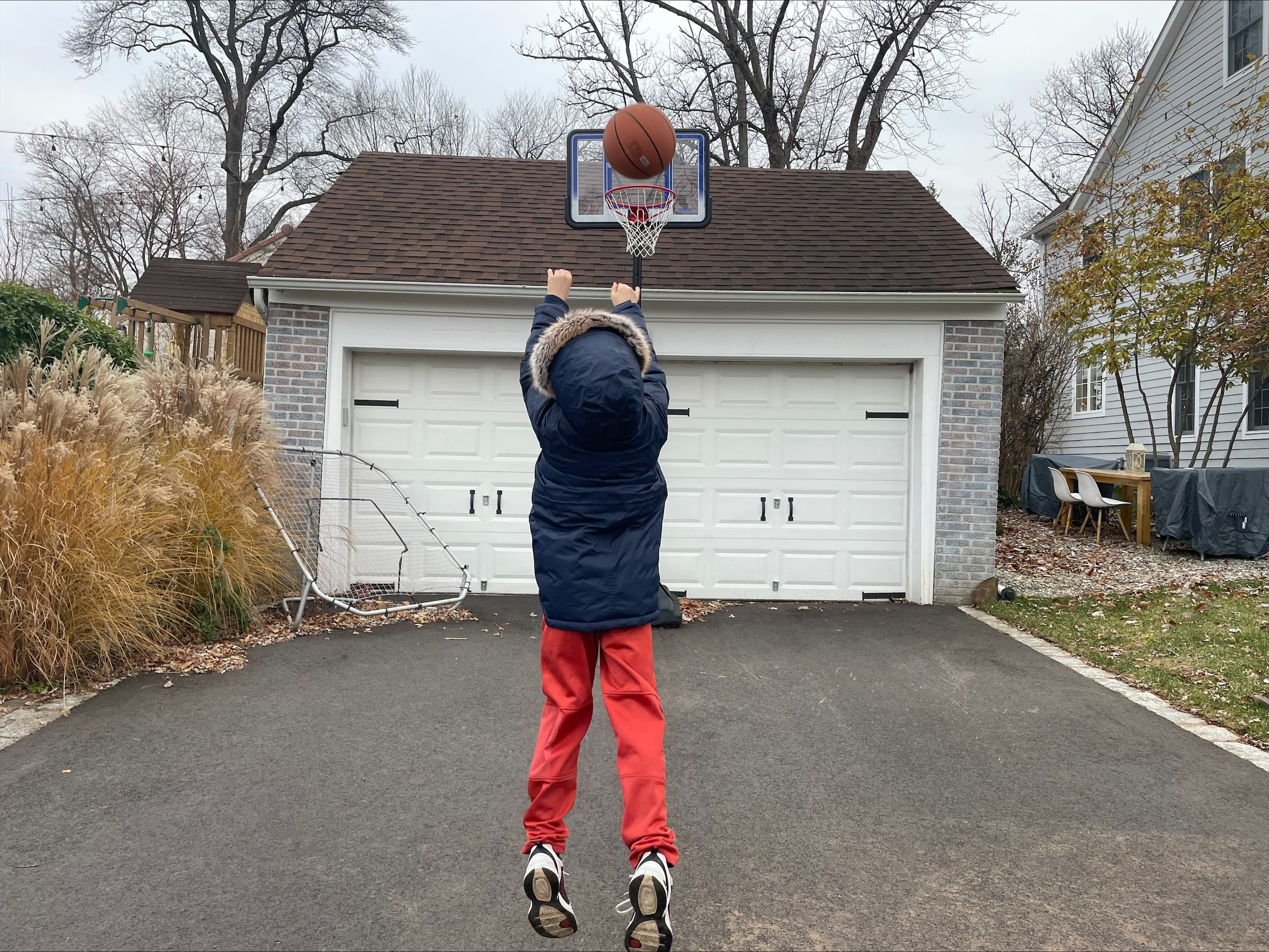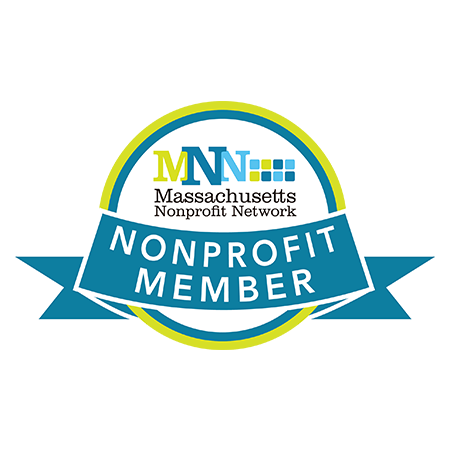 By Ginger Berman
By Ginger Berman
“Nobody likes you.” My heart broke for my 11-year-old son when I overheard this said to him. But he didn’t get angry, and he didn’t walk away. He stayed in the conversation and tried to work through the issue with his friend, which made me so proud of him.
My son has a huge and sensitive heart. He is a caring big brother, and gifts—giving them, mostly—are his love language. He enjoys wiffleball, basketball, Minecraft, and Pokemon. He also has ADHD, which, in his case, means he is often inattentive, missing directions and key parts of conversations. Other times, he seems wired and lacks self-control to stop repetitive behaviors, even when it bothers others. Compounded by missing a formative year for social skill development during the pandemic, developing and maintaining friendships has challenged him. He has participated in social skill group lessons, and each day after school, we problem-solve how he can handle new or ongoing relationship issues.
It is not only kids with ADHD who have lagging social skills. I volunteer to serve lunch at my children’s elementary school, and I have seen social issues extend beyond my son and his diagnosis. Some children are too shy or fearful to speak up to remind a parent volunteer they have yet to receive food. I have also witnessed a child crying, ostracized by a group after a disagreement, and not a single peer reached out to her. Youth need our help in building character, confidence, and connection.
The social skills lessons that my son attended were offered at school to kids with Individualized Education Plans for their special education needs. While the lessons helped, I wondered how much of a difference it would make if the school taught all students about perspective-taking, inclusion, and choosing kindness rather than criticism.
Then, I found ThinkGive. Their programs are effective. They inspire youth to positively connect with themselves and others, leading them to discover their capacity to affect change. They strengthen their kindness muscle. And they feel like they belong. ThinkGive’s outcomes give me hope that change is possible in schools and communities. A cultural shift has already occurred in places where ThinkGive is present, and we are working on resources for parents that extend ThinkGive into homes.
I hope you stay tuned for the launch of ThinkGive@Home and continue supporting our work by donating, volunteering, or introducing educators to our programs. With your help, we can empower more youth to take action that positively impacts themselves and others.



